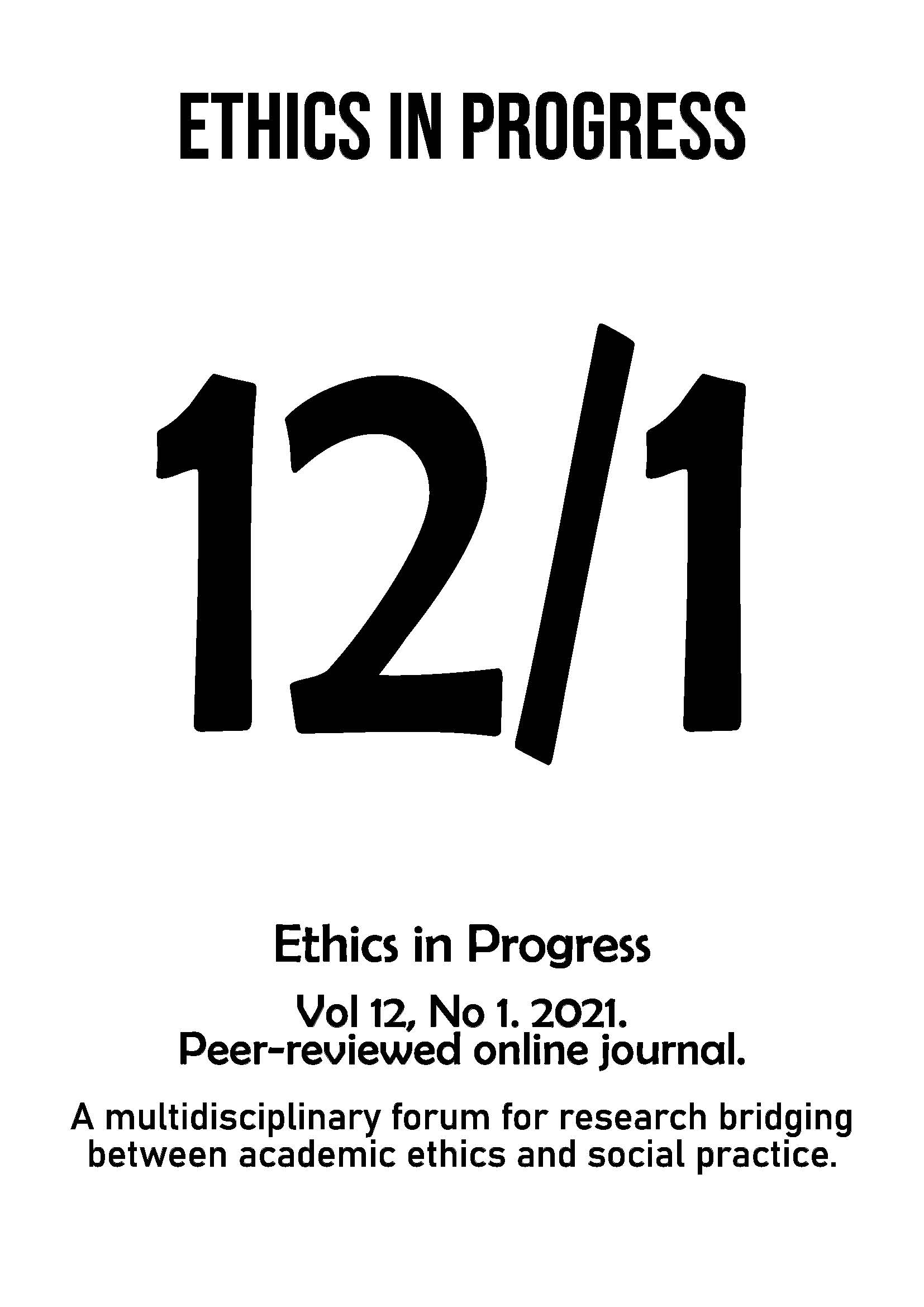Giving Moral Competence High Priority in Medical Education. New MCT-based Research Findings from the Polish Context
Giving Moral Competence High Priority in Medical Education. New MCT-based Research Findings from the Polish Context
Author(s): Ewa Nowak, Anna-Maria Barciszewska, Georg Lind, Kay Hemmerling, Sunčana Kukolja TaradiSubject(s): History of Philosophy, Philosophical Traditions, Special Branches of Philosophy
Published by: Uniwersytet Adama Mickiewicza
Keywords: moral competence in healthcare professions;clinical decision-making;gender bias and moral competence;segmentation effect;pronunciation effect;Moral Competence Test;Polish medical education
Summary/Abstract: Nowadays, healthcare and medical education is qualified by test scores and competitiveness. This article considers its quality in terms of improving the moral competence of future healthcare providers. Objectives. Examining the relevance of moral competence in medico-clinical decision-making despite the paradigm shift and discussing the up-to-date findings on healthcare students (Polish sample). Design and method. N=115 participants were surveyed with a standard Moral Competence Test to examine how their moral competence development was affected by the learning environment and further important factors. Results. The sample allowed the identification of a regress in moral competence during students’ pre-clinical curriculum, and progress during their clinical curriculum. A gender-related bias, a segmentation effect, and a pronunciation effect were noticed. Explanations. Scholarly literature usually reports a linear decrease of medical students’ C-scores resulting from, e.g., competitive trends in education. We identified such trends in terms of gender-specific competitive tactics. Religious and ethical affiliations were discussed to explain the unexpected gender bias and the related segmentation and pronunciation effects. The findings can be regarded as predictive for similar developments in educational institutions regardless of cultural contexts as the sample examined in this article represents medical education in a country facing a transition from a non-competitive to competitive tertiary education model, and between presecular and monocultural to secular and pluralist social ethics.
Journal: Ethics in Progress
- Issue Year: 12/2021
- Issue No: 1
- Page Range: 104-133
- Page Count: 30
- Language: English

